19 pages • 38 minutes read
William BlakeThe Sick Rose
Fiction | Poem | Adult | Published in 1794A modern alternative to SparkNotes and CliffsNotes, SuperSummary offers high-quality Study Guides with detailed chapter summaries and analysis of major themes, characters, and more.
Further Reading & Resources
Related Poems
Paradise Lost by John Milton (1674)
The themes surrounding corruption, loss of innocence, and the decay of the natural world that Blake explores in “The Sick Rose” have their roots at least as far back as the Book of Genesis in the Old Testament. John Milton’s retelling of the fall of mankind from the Garden of Eden, titled Paradise Lost, is one of the cornerstones of Blake’s theology. Blake viewed Milton’s Paradise Lost as a revelation of some of the deeper religious mysteries and saw himself as continuing Milton’s work. In particular, Milton’s depiction of Satan as a staunch individualist fighting oppression informed Blake’s ideas about evil and the role of heaven and hell.
“The Blossom“ by William Blake (1789)
From the Songs of Innocence section of Songs of Innocence and of Experience, “The Blossom” demonstrates the simple and song-like qualities of the poems intended to juxtapose those from Songs of Experience. Blake’s use of repetition, sometimes of whole lines as with “Pretty, Pretty Robin” (Lines 7, 11), gives the Songs of Innocence a juvenile simplicity that resists deep reading. While this resistance is not perfect, comparing “The Blossom” with “The Sick Rose” gives a good sense of how different sections of Blake’s collection deal with similar subjects.
Related Titles
By William Blake
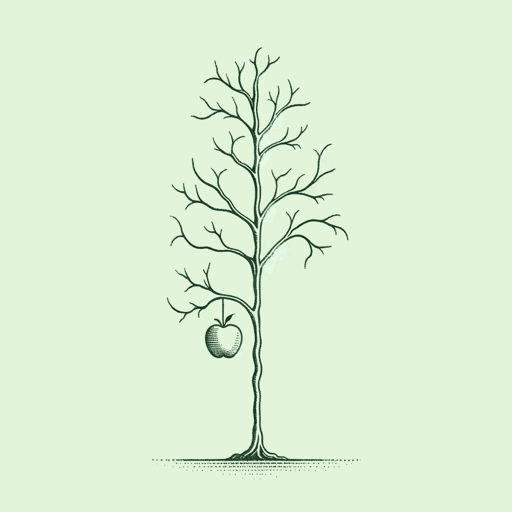
A Poison Tree
William Blake

Auguries of Innocence
William Blake
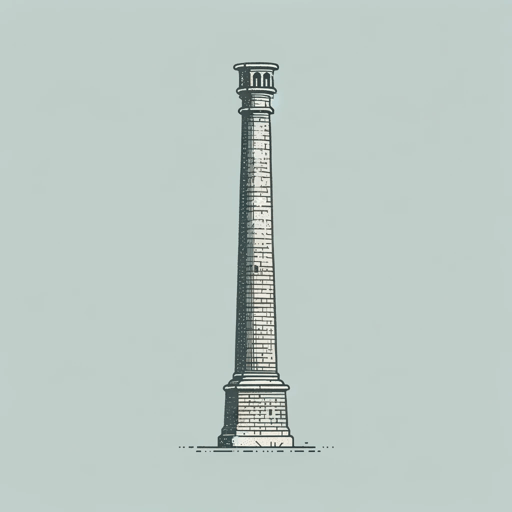
London
William Blake

Night
William Blake

Songs of Innocence and of Experience
William Blake
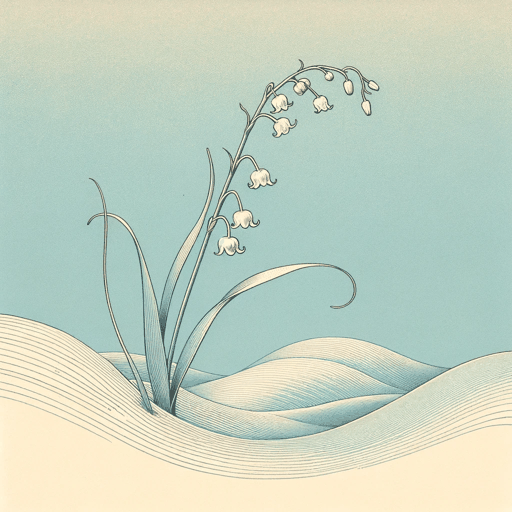
The Book of Thel
William Blake
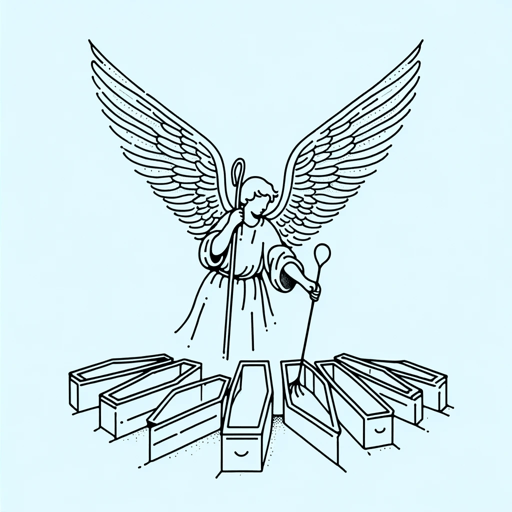
The Chimney Sweeper
William Blake
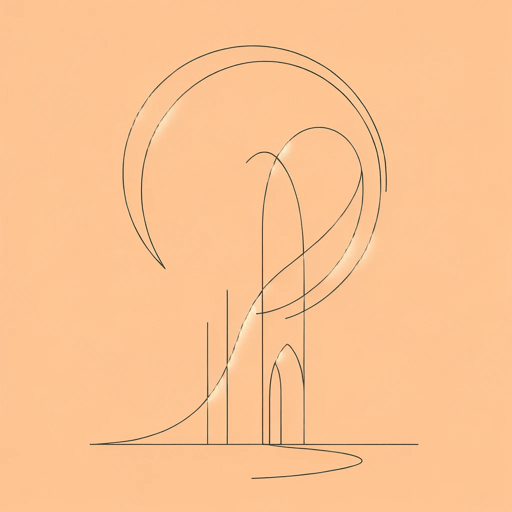
The Garden of Love
William Blake

The Lamb
William Blake

The Little Boy Found
William Blake
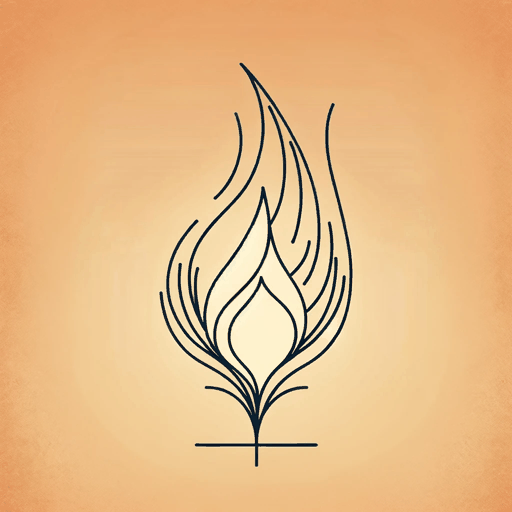
The Marriage of Heaven and Hell
William Blake

The Tyger
William Blake

